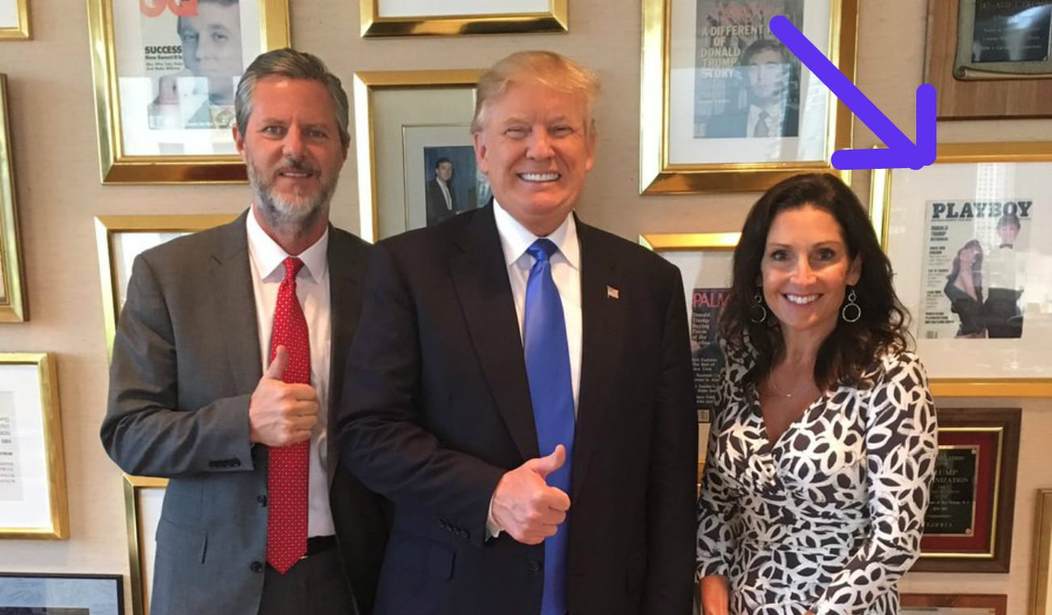The case of a Seventh-day Adventist lay minister who claims he lost his state job because of his religious beliefs may be enough to relight the debate over religious freedom in Georgia.
But whether it will be sufficient to defeat a business coalition’s drive to keep Georgia from becoming the next North Carolina is yet to be seen.
Faced with close to 40,000 online petition signatures, Gov. Nathan Deal’s administration has backed off of its demand for his Bible and sermons, but Dr. Eric Walsh still claims he lost his job as a state employee because of his religious beliefs.
Gov. Deal vetoed religious freedom legislation in March 2016. He and Georgia business leaders said the state just didn’t need it. They claimed the rights of the religious community were already protected, and the legislation was nothing but legalized discrimination against gay people.
But Sen. Josh McKoon (R), well before the story of Dr. Eric Walsh broke in October, promised he would “absolutely” bring the proposal back in 2017.
“Obviously we have to take action to protect the right of free exercise in our state,” McKoon said on the Georgia Public Broadcasting program “Political Rewind” in June.
House Bill 757 would have protected a business owner’s right to fire gay, lesbian, transgendered or bisexual people, or anyone who didn’t agree with the employer’s beliefs.
It would have ensured a pastor’s right to decline to perform a same-sex wedding ceremony and would have also put the burden of proof on the state to show a “compelling interest” before interfering with that exercise of religious freedom.
McKoon might be willing to renew the religious liberty vs. gay rights battle, but one of the lawmakers who led the fight last time, Sen. Greg Kirk (R), recently sounded like a combat veteran who had seen enough war during a debate with one of the legislation’s most strident opponents.
Kirk and Sen. Vincent Fort (D) conducted a three-day, four-city debate series in September that included heated discussions of religious freedom legislation.
“This issue of whether or not Georgians will be made into outcasts, this issue of whether Georgia will sanction state-sponsored discrimination is many things. It is a financial issue. It is a business issue. It is a cultural issue,” said Fort. “But it is, first and foremost, a moral issue.”
Kirk disagreed with Fort’s moral outrage.
“Live and let live was the theme of the religious liberty bill,” he said.
But Kirk also made it clear he would not help take the Georgia Legislature where it had gone before.
“I don’t plan to carry any bills for religious liberty this year. I would be supportive, obviously, but at the same time, that’s not what I plan to focus on,” Kirk said. “We need more input about how we come together, how do we balance equal rights with the religious community. How do we balance this out going forward?”
Of course, McKoon and Kirk could change their minds by January. But just the chance that they might relight the fuse of this debate is enough to worry a group known as Georgia Prospers — the coalition of state business leaders who waged a successful fight against HB 757.
“What we’re going to continue to do is educate people,” Georgia Prospers’ director, Brian Robinson, told the Athens Banner-Herald.
Doom, gloom and fear have been the theme of the educational drive to expand support for “the principle of nondiscrimination as a key to building and maintaining an economically competitive state.”
Georgia Prospers’ Facebook page posts have shown what happened to the North Carolina economy after that state approved HB 2, which was also seen as being anti-LGBT legislation.
Former Senate Majority Leader Ronnie Chance (R), who co-founded Georgia Prospers with Robinson, told Flagpole that Christians need to understand they are protected.
“We do have religious freedom in Georgia,” he said, “and we can do that without discrimination.”
However, Dr. Eric Walsh, a former district director for Georgia’s Department of Public Health, would disagree.
Walsh said he was fired after state officials found out he was a lay minister and read copies of his sermons.
Walsh filed suit to get his job back — a case that is still before the courts — and told reporters Oct. 28 that attorneys for the state demanded all of his sermons, sermon notes and transcripts for government review and investigation.
“No government has the right to require a pastor to turn over his sermons,” said Walsh in a statement. “I cannot and will not give up my sermons unless I am forced to do so.”
Jeremy Dys, First Liberty senior counsel who is representing Walsh, said it was clear that his client was fired because of his religious beliefs, which was nothing short of “blatant religious discrimination.”
“The government wants a pastor to hand over copies of all of his sermons, including notes and transcripts, with absolutely zero limitations,” said Dys. “This is an excessive display of government overreaching its authority.”
However, the Georgia Legislature may not be able to do anything to help Dr. Walsh, attorney Dys, and others concerned with the expression and exercise of religious beliefs that Georgia Prospers and Gov. Deal see as dangerous.
“We’re going to fight hard to see this through,” an unnamed Georgia Republican lawmaker told National Review. “But it’s tough to avoid the sinking feeling that maybe the culture war has been lost.”









Join the conversation as a VIP Member